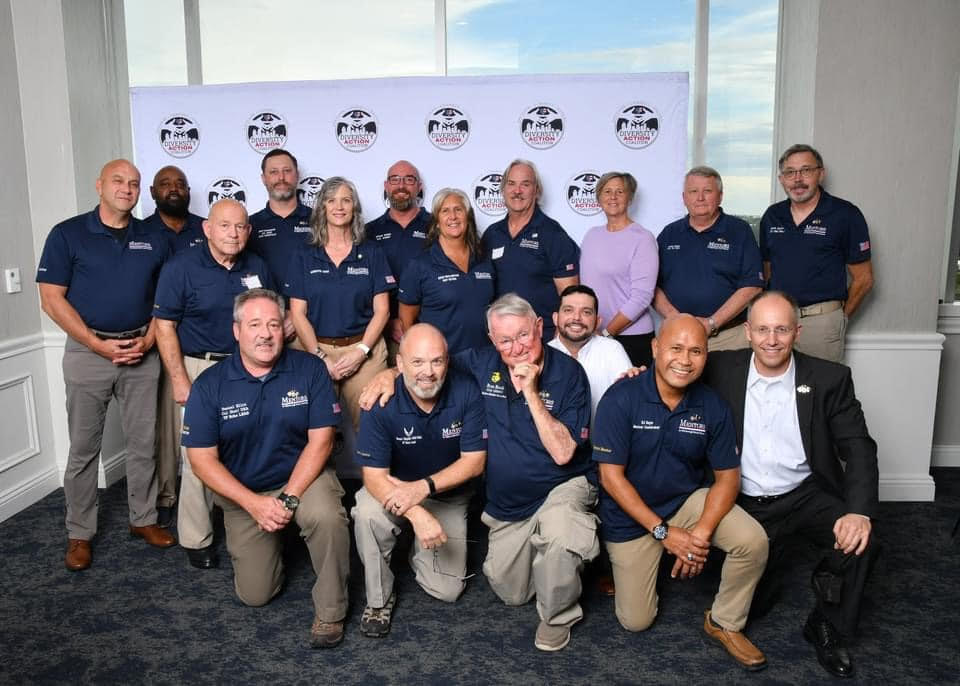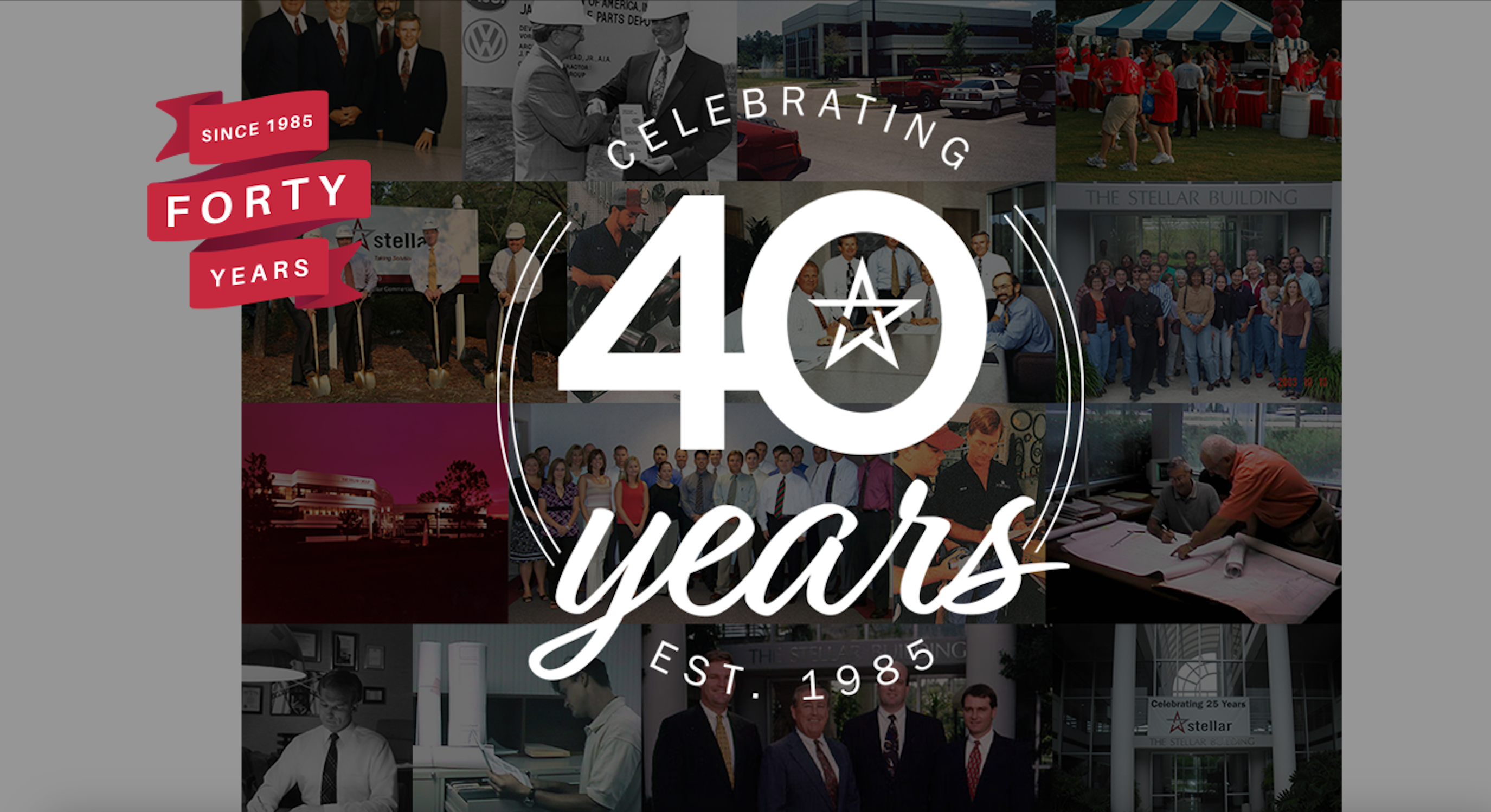Hillsborough County’s Veteran’s Treatment Court (VTC) has grown from six defendants and one mentor in 2013 to as many as a couple of hundred veterans annually and 50 active mentors.
It is now the largest Veterans Treatment Court mentor program in the country and the mentors have their own nonprofit to help fund their program. It involves guiding troubled veterans through the court process and encouraging them to “graduate” from the program.
More than 700,000 veterans are in the criminal court process at any given time in the U.S. and one in five veterans has been diagnosed with mental illness or cognitive impairment due to Post Traumatic Stress Disorder (PTSD), Traumatic Brain Injury (TBI) or other military-related impairment.
As fellow veterans, Mentors for Hillsborough County Veterans are there to encourage and guide, said Retired Army Col. D.J. Reyes, the court’s first mentor and its director.
VTC originated in Buffalo, NY in 2008 when a judge there wondered why he was getting so many veterans before his bench. One day a couple of Vietnam Veterans showed up to observe. They told the judge they could help and walked outside with a defendant.
“Fifteen minutes later they walked back into the courtroom and the veteran walked back in a totally changed person,” Reyes said. “Instead of slouching and muttering, he stood at parade rest and said, ‘yes sir’ and ‘no sir.’ It was like a transformation. They told the judge he was a fellow combat veteran and they talked to him and related to him.” The guy felt at ease and relaxed.
“I have a formalized and credentialed training program to identify, recruit and train mentors,” Reyes said. “As part of the training, we have the golden rules of what a mentor is and is not. We have all kinds of folks that are mentors serving as a stabilizing force for the veterans, to calm them, encourage them and help them navigate through the VA system and court mandates.”
Most of those in VTC are there for drug or alcohol-related issues and all have been diagnosed by the VA with one of four major disorders – PTSD, TBI, drug or alcohol abuse or military sexual trauma. Serious felony charges are not referred to VTC.
“A lot of them don’t ask for help and there are reasons why,” Reyes said. “It is cultural in the military to be strong, suck it up, drive on, get the mission done.” Active military members fear losing their rank or security clearance if they admit to having a problem.
“The mentor relates to the veteran, tries to talk them down, tries to keep them focused and encourages them,” Reyes said.
An example of someone coming through the court would be a veteran who has PTSD, gets out of the military and five years later gets a DUI, he said. “We first look at their eligibility, which is statute-driven, then admissibility. Do we have the resources to help them? Is it to the benefit of the state?”
Reyes’ mentor program has seven teams with expertise in various areas. “We realized when veterans come into our court, they bring with them a whole host of problems in addition to the criminal charges. Emergency or transit housing, transportation, employment, education and food insecurity.”
The mentor program kick-started its 501c3 charitable nonprofit by collaborating with several organizations, including Christ the King Church in South Tampa, St. Joseph’s Men’s Ministry and Idlewild Baptist Church. The public also donates to the nonprofit.
“We’ve had over 900 veterans graduate since we started,” Reyes said. “At the height of our docket in 2019, we had just under 225 defendants who were mentored. Now, it’s 70 or 80.”
The philosophy of VTC is “we don’t care why you committed the crime, if you have something treatable that we can work on, the court is the one-stop shop to get you the treatment you need,” Reyes said.
The veterans go through a five-phase program based on the National Association of Drug Court Professionals, which takes anywhere from nine months to 18 months to graduate.
“It may be drug testing three times a week, an ankle bracelet, curfew, community service hours,” Reyes said. The veterans have to pass every requirement in order to graduate.
A few former defendants, who were true leaders, are now mentors for the court, he said. “They want to give back.”
For the mentors, Reyes said, they are extending a hand to people with similar backgrounds who just need to get their lives in order and get back on a straight path.
To become a mentor or donate to the Mentors for Hillsborough County Veterans, visit its website.




























